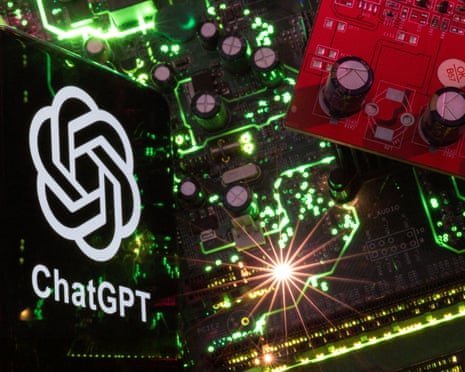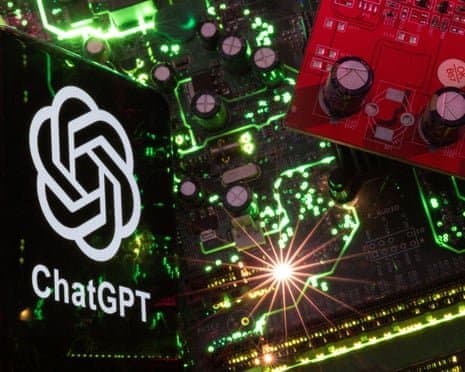OpenAI's GPT-5 is hailed as a 'significant step' toward artificial general intelligence, but experts warn the hype may outpace reality as US and Chinese firms invest billions. With no clear theoretical model for AGI, the pursuit relies on 'vibes' rather than verifiable science, raising questions about ethics and global dominance.
The AGI Mirage: Tech Giants' Billion-Dollar Race Amid Scientific Uncertainty

In a week that saw OpenAI unveil GPT-5 as a 'significant step on the path to artificial general intelligence (AGI),' CEO Sam Altman tempered expectations with a stark admission: 'It’s missing something quite important.' This duality captures the high-stakes, high-ambiguity race engulfing the AI industry. As US giants like Meta, Google, and Anthropic—alongside Chinese rivals like DeepSeek—pour nearly $400 billion annually into AI development, the pursuit of AGI and superintelligence feels more like a vibes-based sprint than a scientifically grounded marathon.
AGI, defined by OpenAI as a system capable of autonomously performing human-level work, remains theoretical. Yet, the rhetoric is escalating. Mark Zuckerberg claims superintelligence (where AI vastly exceeds human cognition) is 'now in sight,' while Google’s AI unit experiments with models trained in realistic simulations. But beneath the fanfare, a critical question looms: Are we chasing a mirage? Benedict Evans, a seasoned tech analyst, frames the dilemma: 'We don’t have a theoretical model of why generative AI works so well or how to reach AGI. It’s like building a rocket without understanding gravity—it’s very vibes-based.'
The Hype Cycle and Hard Realities
Altman’s candid acknowledgment that GPT-5 lacks continuous learning—a core trait for true autonomy—highlights the gap between aspiration and current capabilities. {{IMAGE:3}} OpenAI’s new model powers ChatGPT and reportedly drives annual revenue toward $20 billion, underscoring the commercial frenzy. But David Bader, director at the New Jersey Institute of Technology’s data science institute, cuts through the noise: 'The rush to claim superintelligence reflects competitive positioning more than breakthroughs. We’re nowhere near systems that exceed humans across all cognitive domains.'
Venture capital timelines add fuel to the fire. Aaron Rosenberg of Radical Ventures predicts a narrow AGI—80th percentile human performance in 80% of digital tasks—by 2029. However, Matt Murphy of Menlo Ventures cautions that AGI is a 'moving target,' with each advancement redefining the finish line. This uncertainty hasn’t slowed investment: Alphabet, Meta, Microsoft, and Amazon alone will spend almost as much on AI this year as the entire EU defense budget.
The Global Arena: US vs. China
The race isn’t confined to Silicon Valley. Chinese firms like DeepSeek, Zhipu AI, and ByteDance are gaining ground, with six of the top 20 AI models in benchmarks like Artificial Analysis’ leaderboard now originating from China. DeepSeek R1, for instance, boasts 'powerful reasoning' rivaling OpenAI’s best and is already optimizing systems for clients like Saudi Aramco. Microsoft president Brad Smith emphasized the geopolitical stakes at a Senate hearing: 'Whoever’s technology is adopted globally wins—just like with Huawei and 5G.' This global contest amplifies the pressure to declare milestones, even as scientific foundations remain shaky.
As billions flow and labs churn out ever-larger models, the AGI pursuit risks overshadowing urgent issues like bias, transparency, and reliability. Yet, Rosenberg notes a shift: 'Five years ago, AGI talk was blasphemous. Now it’s consensus we’re on that path.' The path, however, is littered with unknowns, reminding us that in the quest to create artificial minds, humanity’s greatest challenge may be tempering ambition with humility.
Source: Adapted from The Guardian analysis by Dan Milmo and Dara Kerr, original article.

Comments
Please log in or register to join the discussion